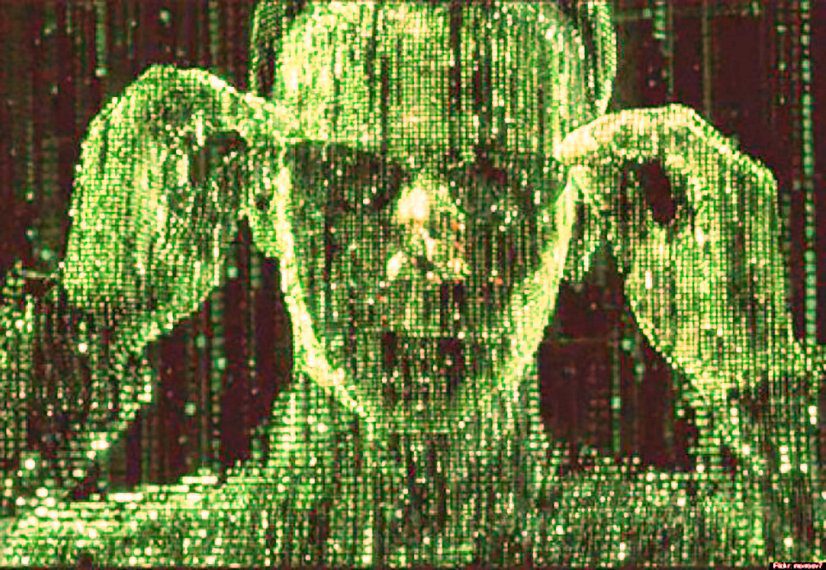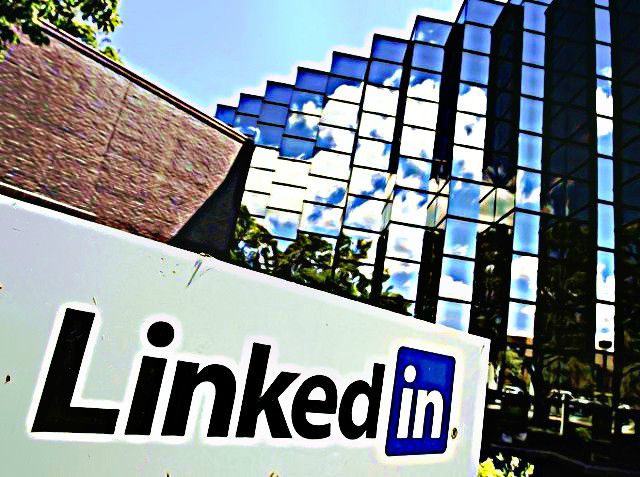
Article by Maria Fonseca and Paula Newton
The concept of brands and branding may be about to change. In the past we understood what a brand was, and its goals were straightforward. The idea of the brand was to remind the customer what the product stood for, and to indicate trust. Brand reputation was helpful in enabling people to understand that if they always bought a particular brand they could rely on getting a certain level of quality. According to Tracey Follows (2015) writing for The Guardian, this was the situation that emerged post-war in the UK. As Follows points out:
“In a market with counterfeits and snake-oil salesmen, the brand was a mark of reputation and guaranteed a certain level of performance.”
Brands developed from the need of standardization of quality products for consumers. People wanted to be able to trust in the products that they bought and rely on them, and brands were an important part of communicating that trustworthiness to us. In the 1950s, consumer packaged goods companies like Procter and Gamble, General Foods and Unilever developed the discipline of brand management, what we now call marketing, after noticing and trying to cope with the improved quality levels of products being offered by competitors around them. A brand manager would be responsible for giving a product an identity that distinguished it from nearly indistinguishable competitors.
Brands in the 21st century
Seventy years after those initials steps of marketing we live in a completely different world. As Tracey Follows argues, we are no longer looking for reassurance, but rather, exploration is the name of the game. People are looking for new possibilities and we want new experiences. This is based on a fundamental desire for learning and discovery. The world is now a hyper-technological one and reality is increasingly experienced through the lens of all kinds of technologies, such as wearable, augmented and virtual reality technologies.
Automation and robots are now a fact we have to deal with on a daily basis. All these factors are shaking deep rooted notions of identity. The new world that we live in is based on the concept of people and machines working together harmoniously, and an idea of a super human, augmented through technological developments, and the belief that man and machine are converging and ultimately may end up being one and the same.
If, by the end of 20th century everyone understood what being human meant that is not the case anymore. It was easier back then to understand and design brands, by assigning them humanistic qualities. The reason that we do this is that we want to anthropomorphise brands to help us to build connections to other people, but that this is now starting to change. The occurrence of amazing and very quick developments on various disruptive technologies over the past decade has shaped our world in a totally new way, where computers and algorithms drive what we do. This influence of technology is only going to increase as we enter into the age of the Internet of Things and increased communication between machines.
The way that people communicate is changing as a result of machines, and so too is our behaviour, particularly due to our use of social media. Various authors and scholars studying post humanism (such as Rosa Braidotti) mention that what is happening can be understood as a “mutation” and that we are becoming organisms that are comprised of both humanistic and machine like features. This will mean that we will also be increasingly multi-skilled. The following video explains better what is post-human or trans-humanism.
There are several proponents of this argument, including some who believe that people are now effectively using their power to control their evolution. Have we entered the age of ontological design, being deeply aware that what we design design us back? Actually this is nothing new, as the impact of technology on the shaping of the human experience is as old as culture. As Terence McKenna says:
“With the invention of culture, the biological evolution of humans ceased and evolution became an epigenetic, cultural phenomenon.”
What kind of implications will post-humanity have on brands?
Post human brands are difficult to imagine in the sense that there may be less emotions and human values assigned to them. It is argued that many brands that used to be considered lifestyle brands are now calling themselves technology brands, but that this is inaccurate. Technology is the process that delivers a product or service rather than actually being the brand, and this is where one of the problems lies. Instead, the concept is presented that brands will all eventually become so-called “bio brands.”
Any brands that are related to tracking us, monitoring, predicting, augmentation, creation and recording us may fall into the category of bio brands. It is easy to see why this suggestion is made. After all, so much money is being invested in such kinds of products and services. Just some that fit into this category might include anything to do with life sciences, genetic engineering, manufactured foodstuffs and research into pathogens, among others.
All of this will have consequences for marketers, and while it seems unthinkable, the change in paradigm is already underway. Marketers will have to deal as well with the fact that humans (and post-humans 🙂 are becoming increasingly tech savvy and meta textual. Many of us are able now to deconstruct branding and are actually tired of overwhelming permanent exposure to branding, considering it as spam.
Those industries that move with the times and who are able to better express what their brands represent in terms that are more deeply understood in current and future times, will be more likely to succeed, potentially. Additionally, marketers that can find a way to express their brand in terms that are appropriate for the exploration age, linking it to discovery and learning (among others) may be the professionals that bring their organisations (and brands) to the forefront of our attention.

Paula Newton is a business writer, editor and management consultant with extensive experience writing and consulting for both start-ups and long established companies. She has ten years management and leadership experience gained at BSkyB in London and Viva Travel Guides in Quito, Ecuador, giving her a depth of insight into innovation in international business. With an MBA from the University of Hull and many years of experience running her own business consultancy, Paula’s background allows her to connect with a diverse range of clients, including cutting edge technology and web-based start-ups but also multinationals in need of assistance. Paula has played a defining role in shaping organizational strategy for a wide range of different organizations, including for-profit, NGOs and charities. Paula has also served on the Board of Directors for the South American Explorers Club in Quito, Ecuador.



























